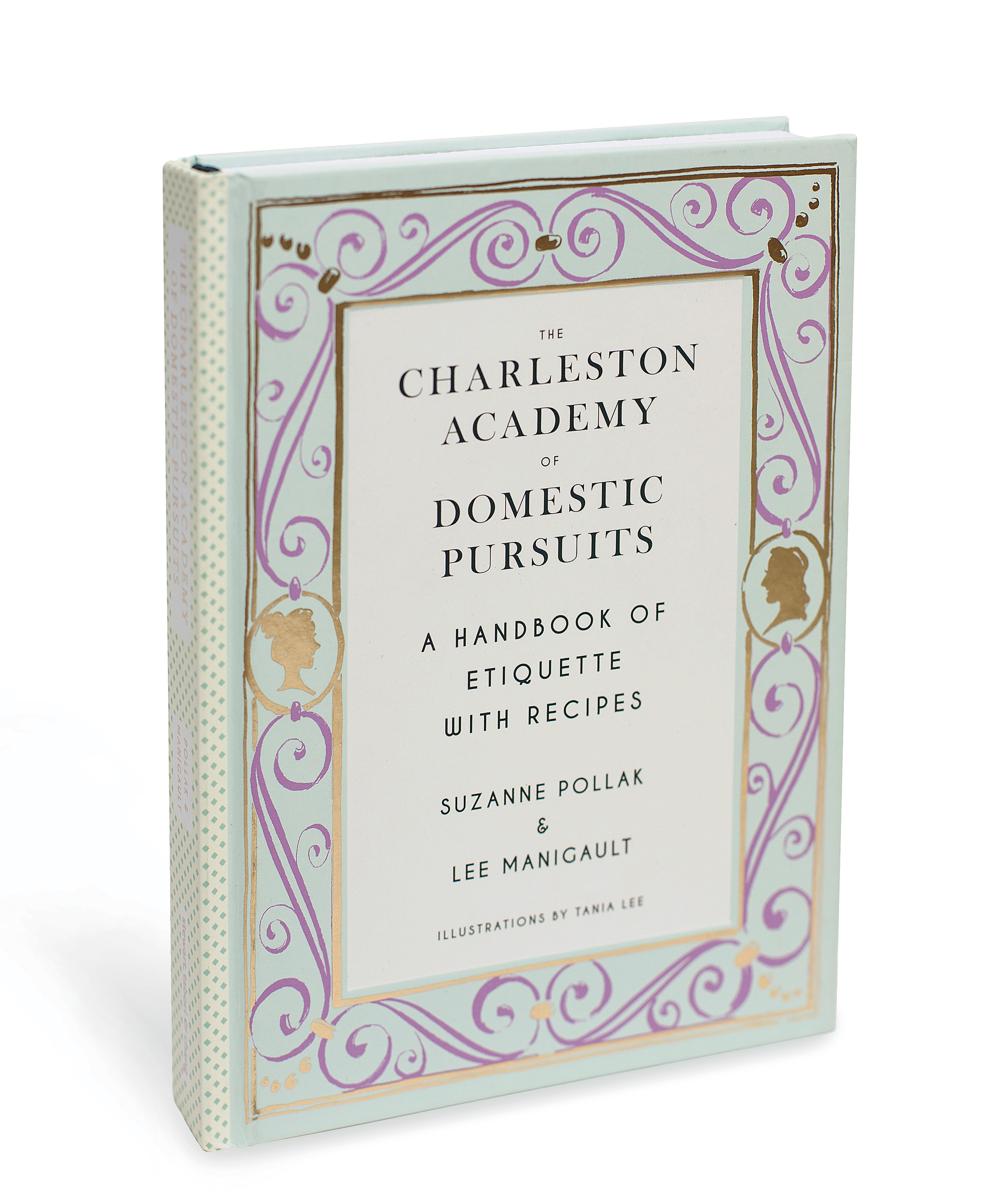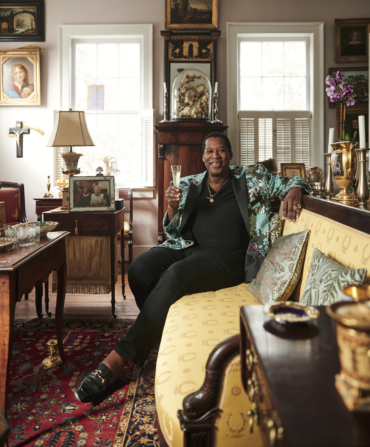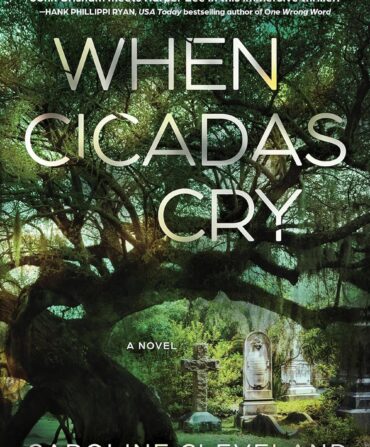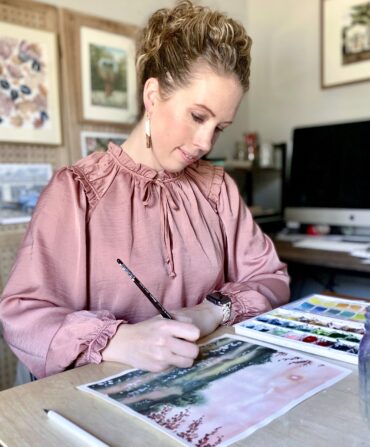I could try for a long time to hit the head on the nail (as one of my writing students once said)—try, that is, to construct the just-right sentence to sum up Cornbread Nation 7: The Best of Southern Food Writing, a collection of essays, stories, several poems, and reportage. But fellow G&G contributor Julia Reed beat me to it. She writes in her included essay: “No matter who we are or where we’ve been, we are all, apparently, ‘leveled’ by the same thing: our love of our sometimes lowly, always luscious cuisine—our love, in short, of home.”
“Love” and “home” (including homes far from the South) show up more than once in this book, but please don’t fear Crock-Pots of sentimentality. The subject—this great complicated subject of Southern food, Southern food history and chefs, the habits and humor and rules that go in and around and behind our food—is here described and analyzed and eulogized by some of the South’s finest writers.
As well as fine adopted ones. Francis Lam, Cornbread Nation 7’s editor, is from New Jersey. He once thought the South was “backward and closed minded and in love with Billy Ray Cyrus.” He came to live here and changed his mind, finding it “generous and tough, lovely and complicated.” Lam, along with Sara Wood and Amy Evans, collects eloquent firsthand narratives, including “You Have to Fall in Love with Your Pot,” as told by Ida MaMusu, founder of Richmond, Virginia’s first West African restaurant, Africanne on Main.
John Jeremiah Sullivan, in “I Placed a Jar in Tennessee,” reminds us that parts of that state didn’t get electricity until the 1940s. He thus links that old Southern habit of preserving and canning to the preindustrial age, pointing out that “what’s old doesn’t need to be old fashioned. It gets reborn.” And speaking of “reborn”: In “The Price of Tomatoes,” a disturbing and enlightening essay, Barry Estabrook describes and analyzes twenty-first-century slavery in Florida.
The poems “Ode to Gumbo” and “Cutting Greens” by Kevin Young and Lucille Clifton, respectively, show us how food and emotion intertwine, while Jonathan Miles’s essay posits a need for something “barbaric, vast, and wild” in both our poetry and our food. John T. Edge writes about a revolution in Clarkston, Georgia, where more than a hundred languages are spoken within one square mile, yet where coordinated gardening is teaching lessons of community.
Reading Monique Truong’s “A Love Letter to North Carolina’s Red Bridges Barbecue,” I discovered that she came to North Carolina from Vietnam in 1975, a child war refugee, four years after I returned home to North Carolina from the same war. The juxtaposition of our two journeys, along with her love letter, made lightning that struck my heart in a way I’m betting at least several of these essays will strike yours.








